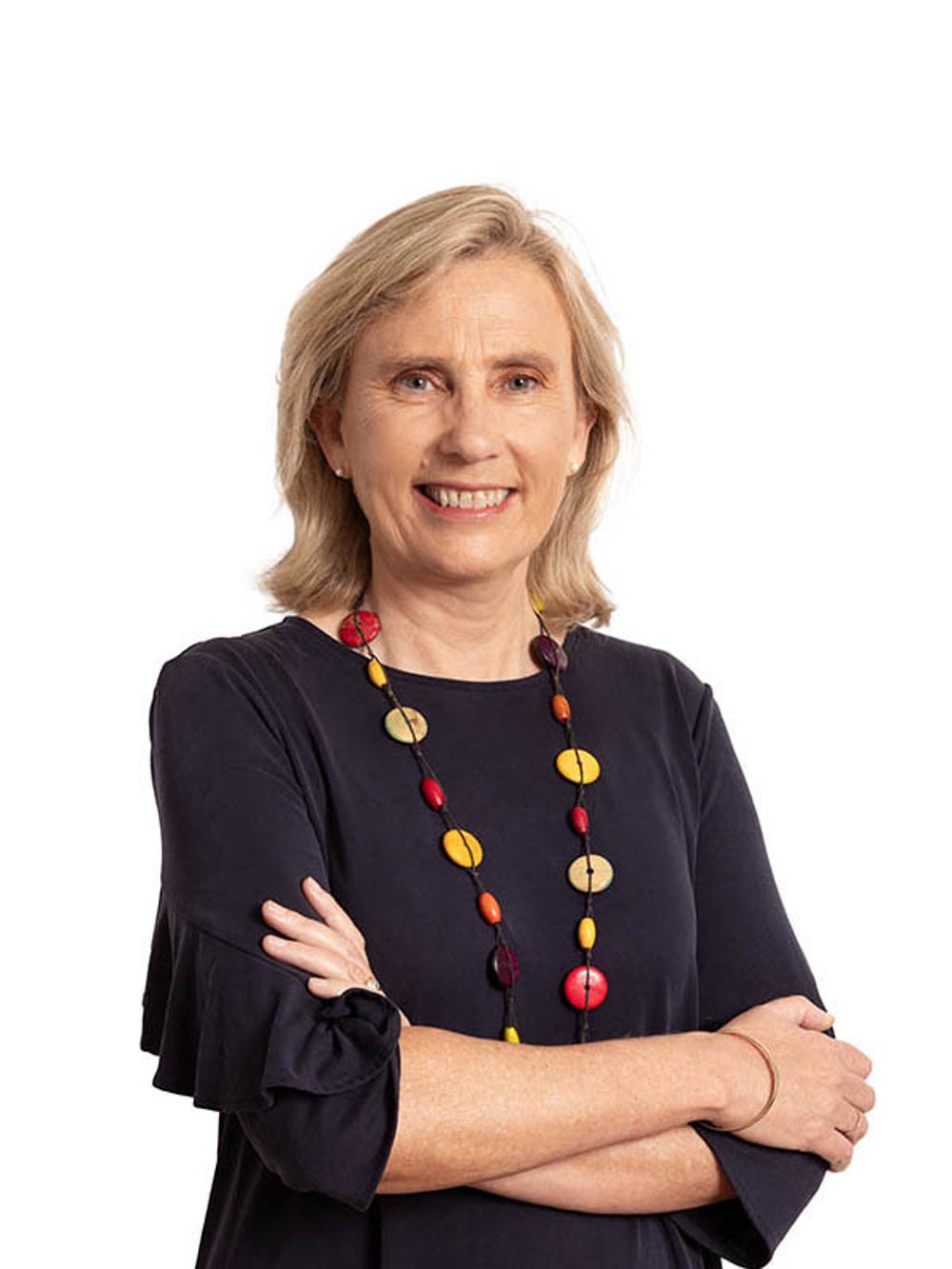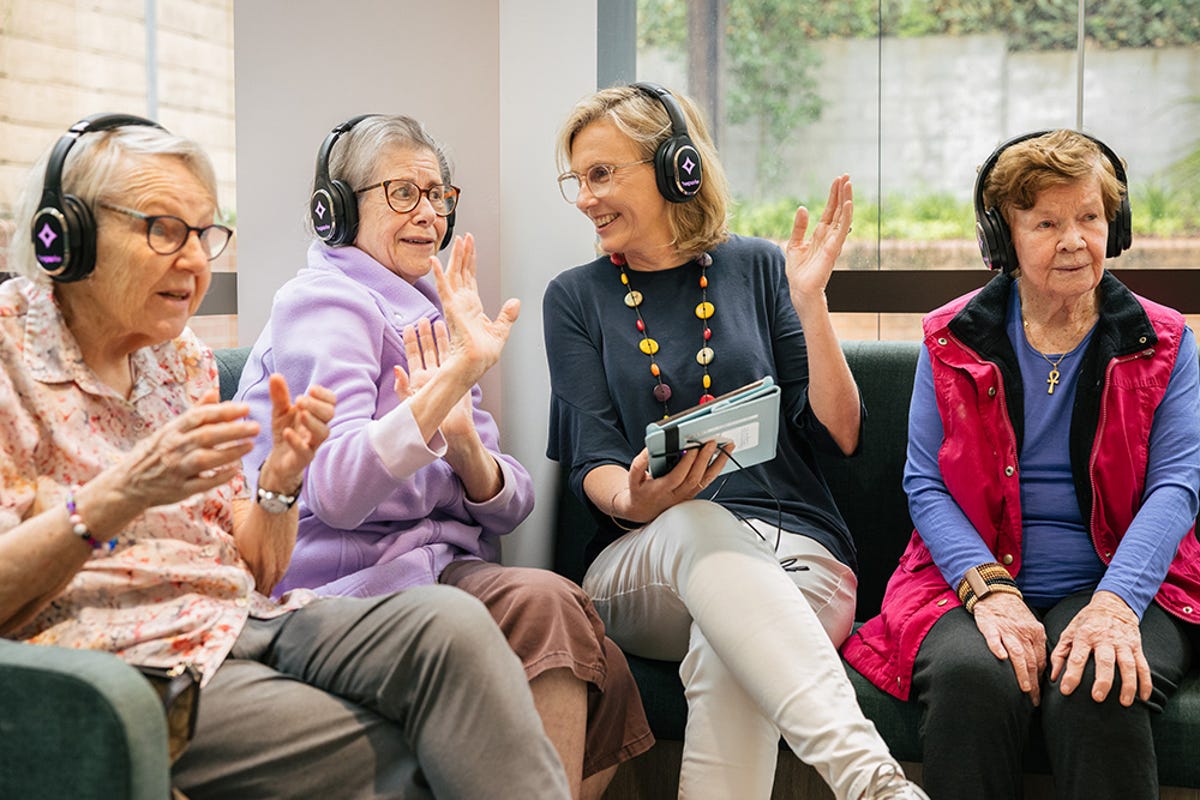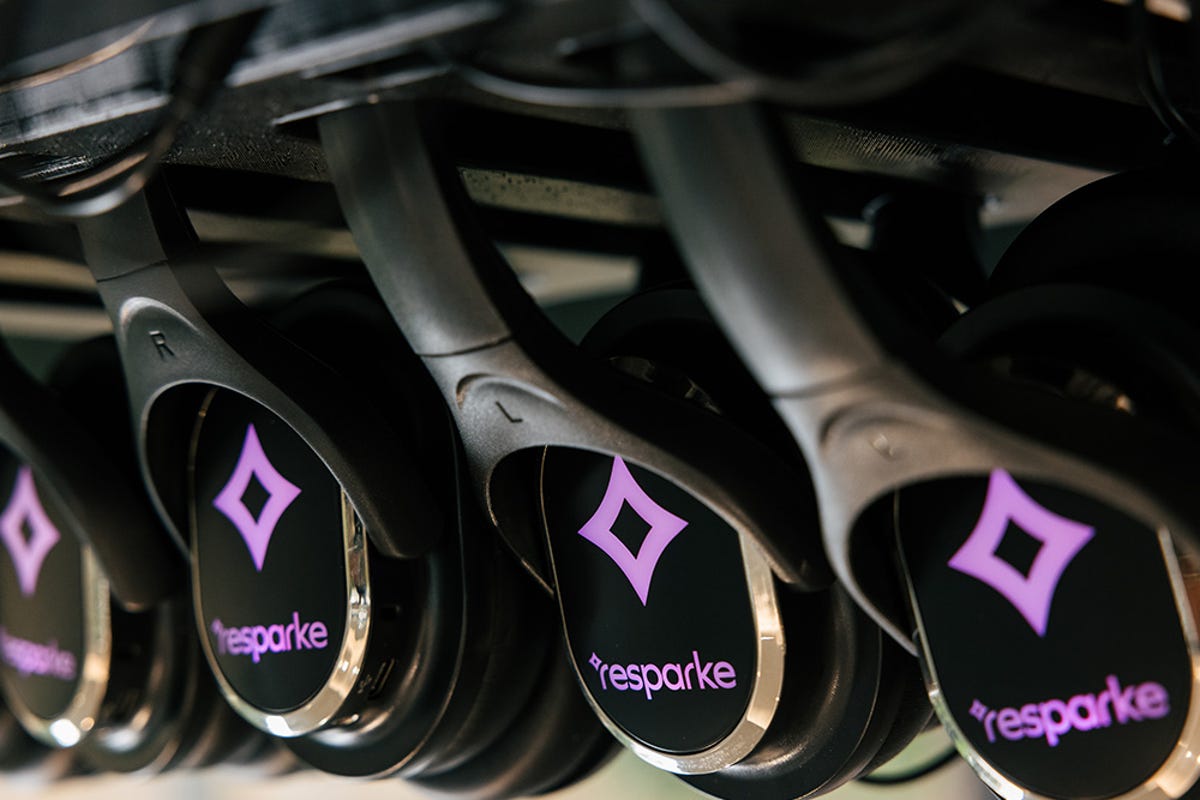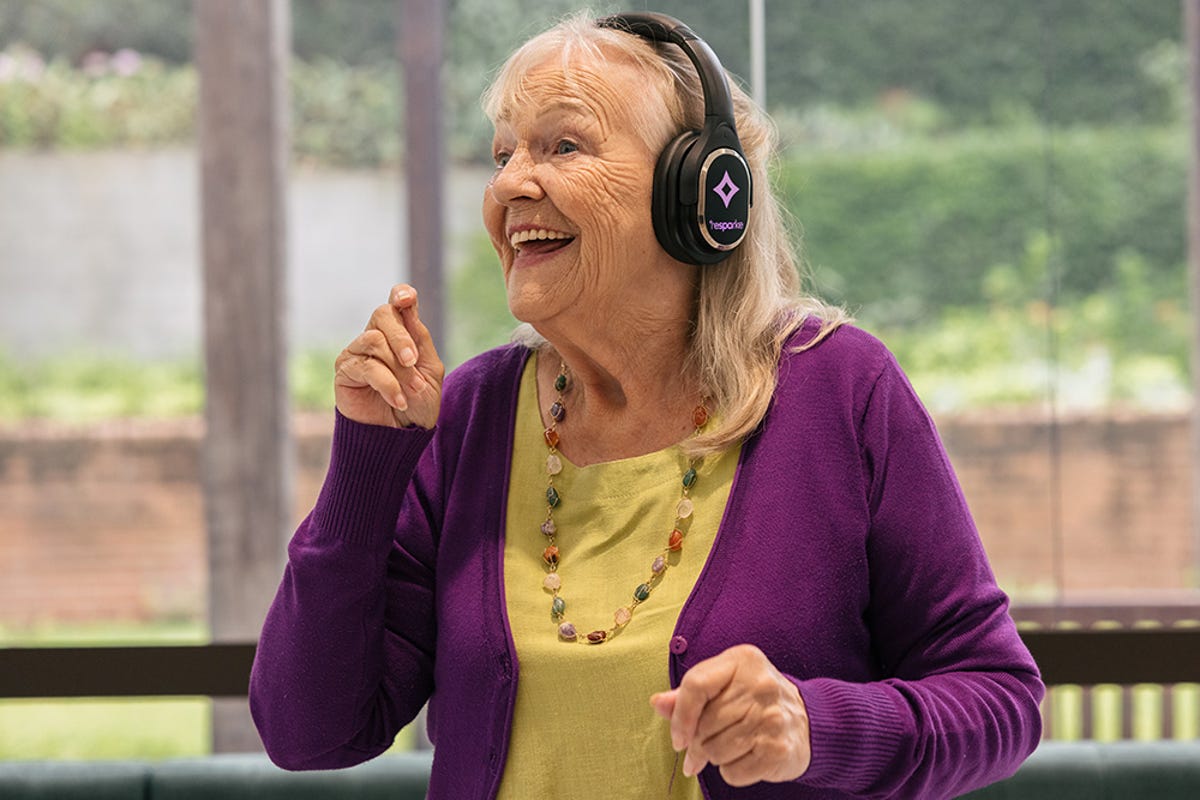Fellow Portrait
Alison Harrington
Resparke

Resparke uses music and movement to provide better dementia care to seniors via immersive experiences.
Oceania
Australia
Fellow
2024
Updated March 2024
Dementia debilitates families and costs society
The number of people living with dementia worldwide is expected to triple to 152 million by 2050. This impairment exacts an enormous toll on sufferers, family members, and society, with dementia’s projected global cost expected to surpass US$2.8 trillion by 2030. In care facilities, staff often lack the time and training to provide evidence-based non-pharmaceutical therapies to dementia patients, resulting in poor social and emotional well-being.
Resparke founder Alison Harrington drew on her love of music to help her father-in-law cope with dementia. “I love the experience of the music and the technology and I thought, why can't older people have fun as well?” she says.
I've always been someone who puts different dots together. I thought I could probably apply this silent disco technology. It was a ‘why not?’.

Music becomes medicine for dementia sufferers
Alison started the company in 2019 when she came across evidence that music can reduce problematic behaviors and improve well-being for dementia sufferers. She tested her idea while teaching a movement class for seniors. “One of the men completely came alive and participated in the class for the first time. His wife said afterward that it felt like she got her old husband back for that hour. That was the moment I knew I had something.”
Resparke’s program takes advantage of the fact that music bypasses the areas of the brain that are switched off from dementia, enabling patients to connect to memories of happier times, and adds criteria such as language, nationality, religion, and birth date to further target the experience.
Current solutions like music streaming sites offer limited customization and there are often licensing issues when playing music in group settings. “We've built a personalization engine to make it easy for staff to input someone's data and to spin up a page on the platform,” Alison says. “Australia has one of the biggest multicultural populations in the world. As the disease progresses people regress to the language they grew up with. So it's a big challenge for staff to offer music or video in a patient’s mother tongue. We currently offer 45 different languages on the platform.”
It’s about transforming seniors' well-being, about connecting to memories and connecting between people. The Resparke name is about the spark in somebody's eyes when they put the headphones on.

Resparke enhances well-being for thousands of patients
Resparke has reached more than 25,000 dementia patients and trained nearly 6,000 staff members. Research studies across four cohorts at the 290 facilities in Australia and New Zealand using Resparke show that residents’ mood improved nearly 80 percent and psychotropic drug use dropped by 12 percent.
Resparke’s offering has potential to help with many issues beyond dementia care. “We've been doing some really interesting work with pain and palliative care,” Alison says. “The key overall proposition for the program is it increases people's well-being.”
We discovered she was Greek and based on her profile we brought up all the Greek music. She and her daughter put the headphones on and the mum’s eyes lit up. The two of them sat there singing together. They had this beautiful exchange.






